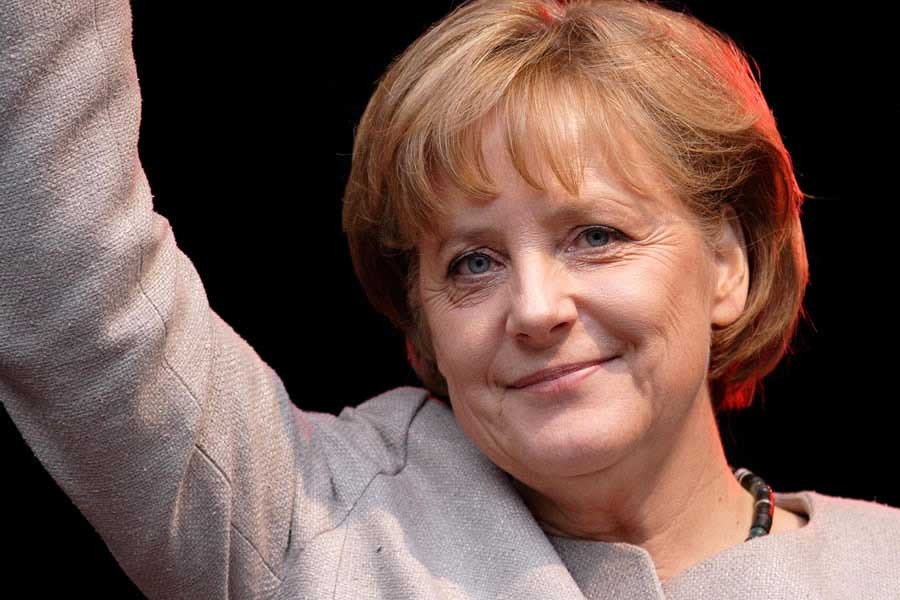
Published :
Updated :

Angela Merkel's conservatives (CDU/CSU) have finally hashed out a coalition deal with the centre-left Social Democrats (SPD) that could break months of political deadlock in Germany.
Negotiators have agreed on the division of key ministries - one of the last hurdles towards forming a government.
It could end more than four months of wrangling since inconclusive elections in September.
But the deal will still need to be approved by SPD members, reports BBC.
Many in the party fear that re-entering a coalition with CDU/CSU could damage it in the long term.
In a joint news conference on Wednesday, Chancellor Merkel said the agreement gave the basis for a "good and stable government".
SPD leader Martin Schulz thanked the conservatives for making what he said were tough compromises.
The SPD looks set to control six ministries, including finance and foreign affairs.
German media say Mr Schulz, a former president of the European Parliament, is hoping to get the job of foreign minister.
But the whole agreement still needs the approval of the SPD's 460,000 members, who will have the final say in a postal vote due in the coming weeks.
Those opposed to any deal with Mrs Merkel include a new group within the SPD calling itself NoGroKo (no grand coalition).
Mr Schulz at first ruled out going back into government with Mrs Merkel's centre-right CDU and its Bavarian sister party, the CSU.
The parties had seen their popularity drop after being in coalition on and off since 2005.
He changed his mind when CDU/CSU coalition talks with the liberal Free Democrats (FDP) and Greens broke down.
Both Mr Schulz and Mrs Merkel have been under pressure to see off a challenge by the far-right Alternative for Germany (AfD), which became the third biggest party in September's election.
Other than distributing ministries, there have been big stumbling blocks in the coalition talks over workers' rights and healthcare.
Immigration, Europe, and tax, have also been points of contention.


 For all latest news, follow The Financial Express Google News channel.
For all latest news, follow The Financial Express Google News channel.